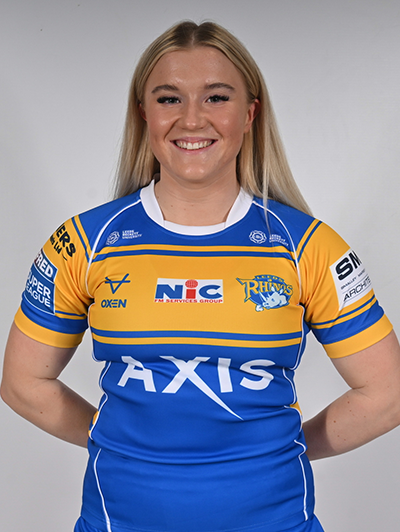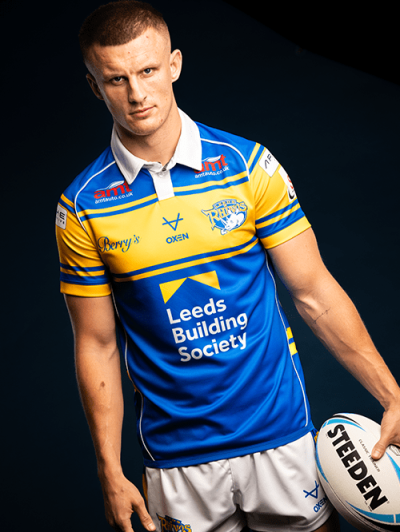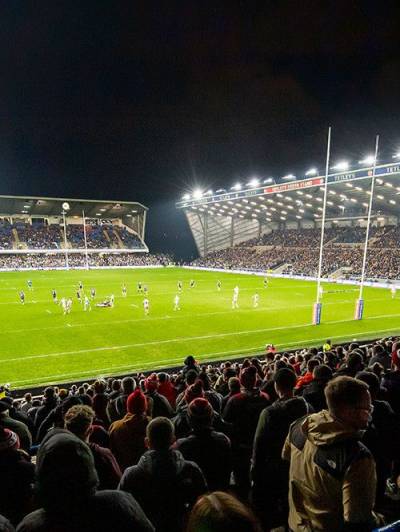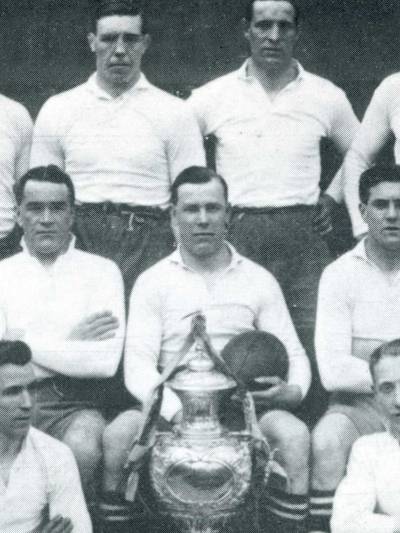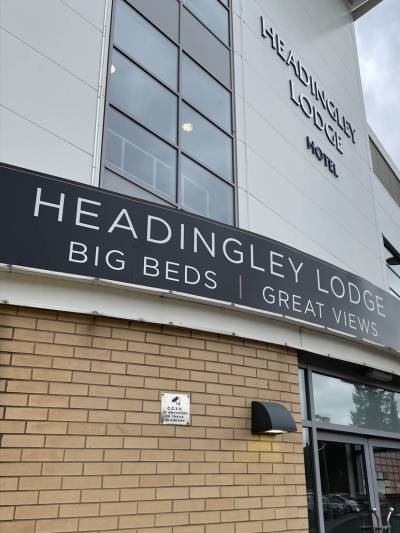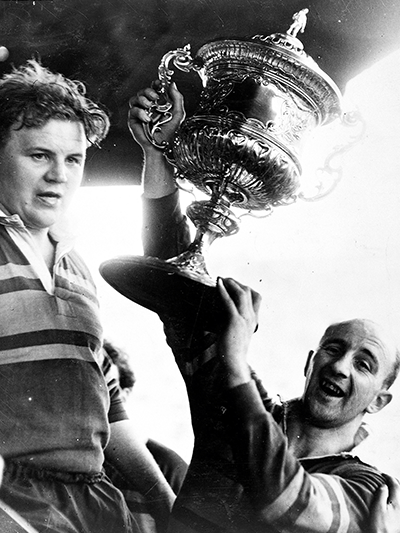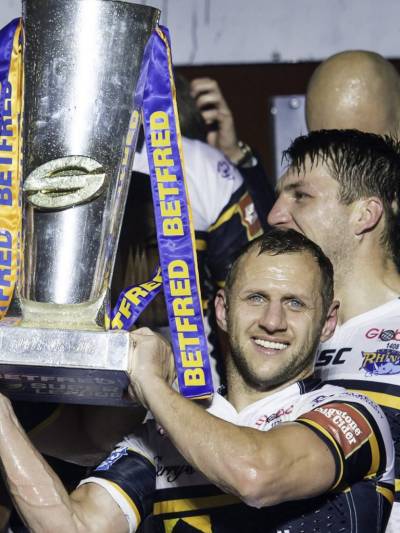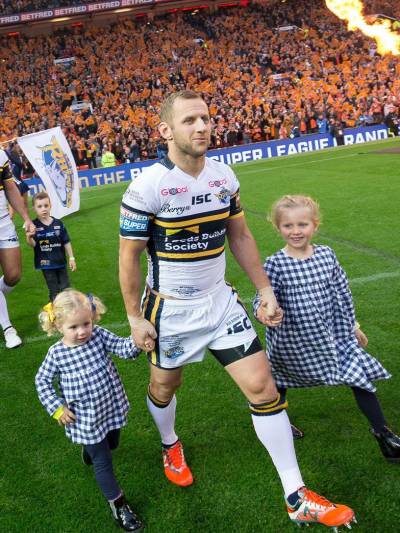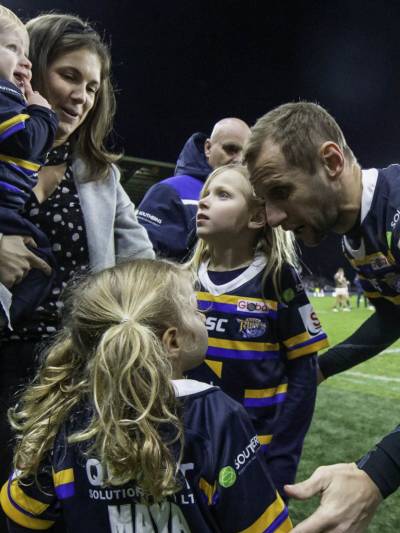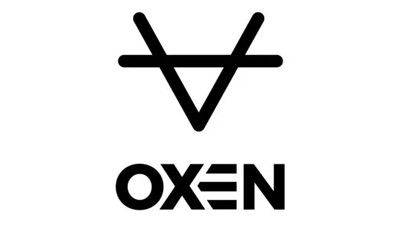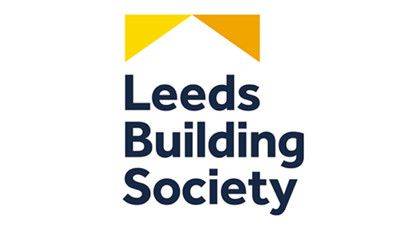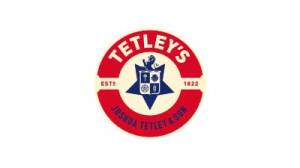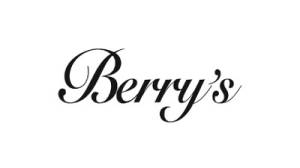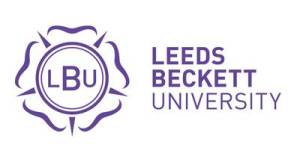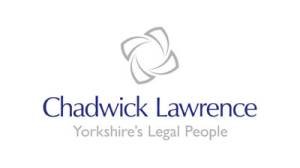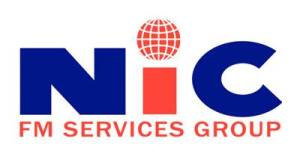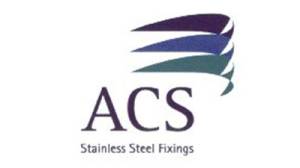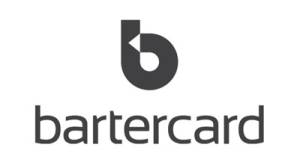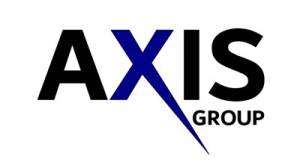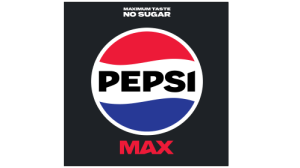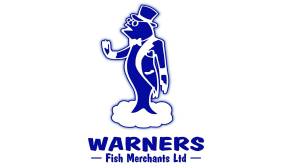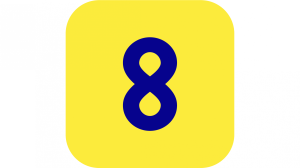1997
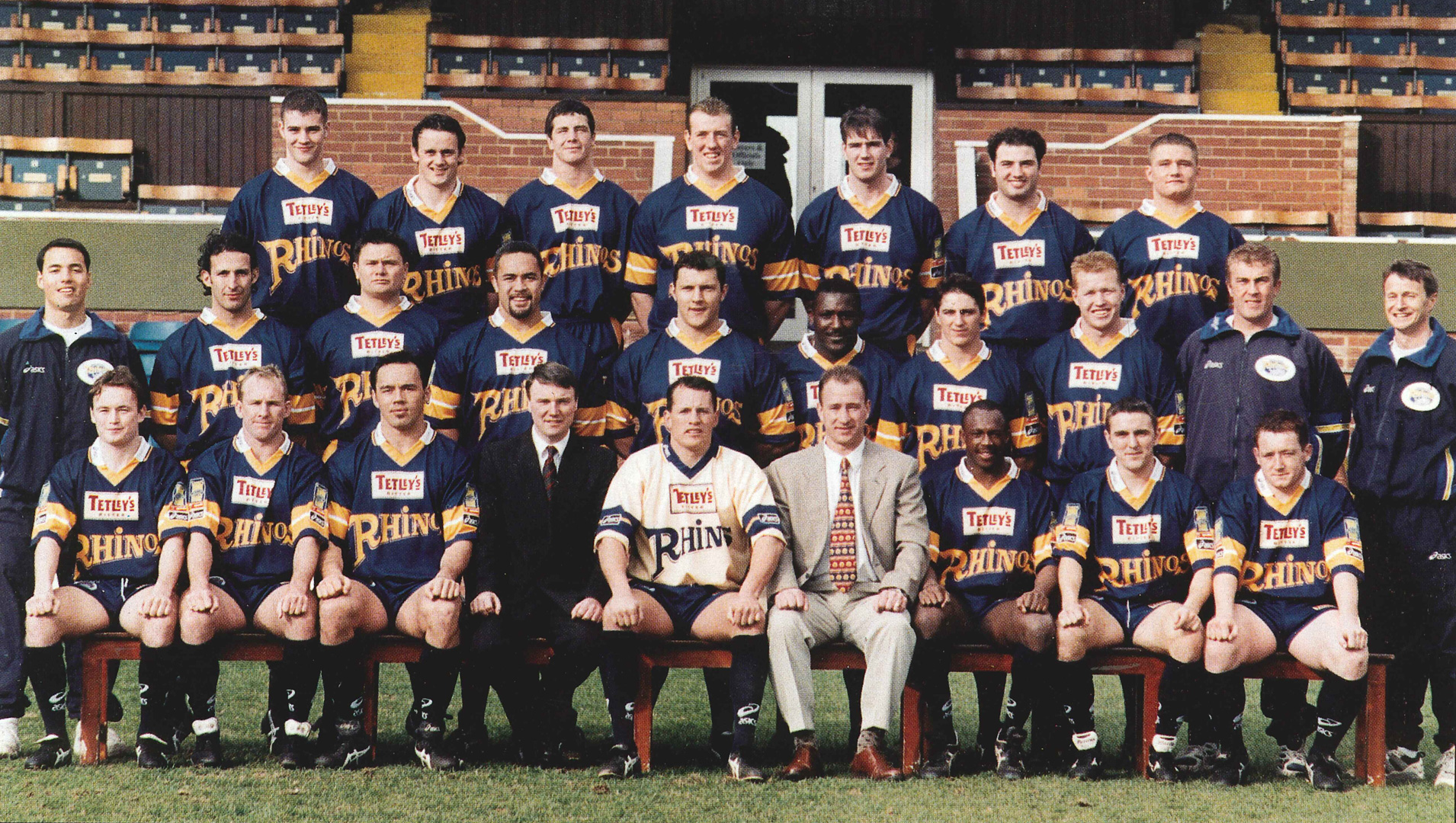
Having emerged from the annus horribilis of 1996, things could only get better for Leeds in the second summer campaign of 1997. The arrival of new owners in Paul Caddick and Gary Hetherington saw a host of changes to the club as they looked to bring the famous old club back from the brink of extinction. Off the field, Caddick had a battle on his hands to keep Yorkshire County Cricket and Test cricket at the stadium after they unveiled plans to move to Durkar near Wakefield and a new state of the art stadium. On the field, Hetherington used his years as a shrewd judge of playing talent to build up a squad that had been decimated by departures during the previous 18 months.
A raft of new signings arrived at Headingley and a new name was born. The club went to the local press for supporters to vote on their choice for the new nickname. The public overwhelming choose Loiners, however that was dismissed as it had little marketability, then followed Lions, Knights and Cowboys, all of which were either taken by other teams or were not deemed appropriate. Some way down the list was Rhinos however work began on a new identity for the club and the Leeds Rhinos were launched with the signing of New Zealand international Richard Blackmore and Paul Sterling.
With Australia at the height of the ARL and Super League war, a ready made pool of players was available from Down Under to help rebuild the club. However, under the new leadership Leeds now took a new approach in terms of recruitment. Gone were the glamour signings and big names, instead Hetherington looked to recruit grafters who would train hard and give 100% on the field. Players like Wayne Collins, a two times Grand Finalist with St George, Martin Masella from South Sydney, Jamie Mathiou and Damian Gibson from North Queensland Cowboys all came across to Headingley without much fanfare but who played a key part in changing the culture of the club.
Once again the season started with three rounds of Challenge Cup action, all against lower league opponents, the first ever time a Leeds Rhinos team took to the field was against Whitehaven in Round Four before a hat trick from Barrie McDermott against Dewsbury came in a 48-22 win in the subsequent round.
The Super League season started on 16th March with a home game against Oldham Bears which was a Red Letter Day for all Rhinos fans as it marked the first ever appearance of Ronnie the Rhino. That win was followed by victory in Paris before a semi final date with Bradford. Twelve months earlier Leeds had been humiliated by their local rivals as favourites to reach Wembley again. However, in 1997 they were rank outsiders against a team for whom summer rugby seemed to be invented. Leeds gave as good as they got including an almighty punch up in the closing stages but they lost out 24-10.
Defeat followed the following week at Thrum Hall against Halifax however immediate action was taken to change the club?s fortunes. On 3rd April Leeds announced the capture of Iestyn Harris from Warrington on a five year contract after agreeing an undisclosed record club transfer fee with the Wolves. Harris was immediately drafted into the side that faced Wigan the following Friday and narrowly fell short of inspiring his new side to victory as they lost out to an Andy Farrell drop goal in a 17-16 loss.
The perfect antidote came a week later when Harris showed why the club had broken the bank to secure their man as he led the Rhinos to victory over Champions St Helens at Headingley. Bobbie Goulding famously missed a kick at goal to win it in the final seconds but Leeds were good value for the win.
Harris was soon joined by Andy Hay from Castleford, Hetherington attracting another former Eagle to his new crusade. Leeds lost one of their next eight games after Saints, including a win and a draw against Castleford, completing a double over Paris and Oldham, as well winning at Salford. The one defeat came at London in a heavy 40-16 loss against former Leeds man Tony Currie.
The run of victories not only coincided with Harris weaving his magic in blue and amber but also saw Paul Sterling set a Super League record that still stands of tries in nine consecutive games.
The run of victories ended as Leeds headed to Australia for the first leg of the ill fated World Club Championship. Leeds put up a brave fight against North Queensland Cowboys in the stifling heat of Townsville before running out of steam and were never at the races in Adelaide as Luke Williamson inspired the Rams to victory.
The return home was met with a derby clash against Bradford which presented a moral victory to the home side given the pummelling they had received from the Bulls the previous year at home. Leeds lost 32-16 but by this stage Bradford were proving an unstoppable force as they headed for the title.
The Rhinos got back on the horse and won their next three games in Super League including a dramatic win over Halifax. Terry Newton impressed on his debut with a try but it was Graham Holroyd, against his home town club, who sealed the win. Trailing 18-12 with five minutes to go Holroyd was on hand to take Harris? wide pass to score. Harris converted to level the score before Gary Mercer chipped over the defence, re-gathered and then looked to have sent Sterling over for a winning score. Halifax managed to get back but could not help but concede the penalty which Holroyd kicked to win the game 20-18. Harris enjoyed a successful return to Wilderspool the following week as he left with the last laugh after torrents of abuse from the home fans for their former hero with a 23-16 win.
In July, Hetherington once again showed his shrewdness in the transfer market by striking a deal with the ailing Keighley Cougars. The Rhinos signed five players from the Cougars and immediately loaned them back to the club, however of the five only former Leeds RL player Simon Irving and Adrian Flynn would not feature for the Rhinos, with Phil Cantillon, Darren Fleary and most notably Daryl Powell going on to further their careers at Headingley.
Undoubtedly the highlight of the 1997 season came the following week as Leeds defeated Adelaide Rams at Headingley Carnegie including a never-to-be-forgotten try by Sterling that covered 110m from a restart.
Defeat to North Queensland the following week ended Leeds? slim hopes of progressing to the knock out stages of the World Club Championship but it had been a valuable bench-marking exercise for the team.
Unfortunately the season petered out for Leeds after that. Defeat at Odsal by 22-8 was followed by a home win over London Broncos, who were second in the table in their best ever season in Super League, however a surprise home loss to Sheffield made runners up spot unlikely for Leeds and they dropped further down the table following away losses at St Helens and Wigan to end the season.
The season ended with all the teams entered into the new look Premiership, however an easy home win over Oldham was followed by inevitable defeat at Central Park to Wigan, however the signs of things to come were there in the battling performance in a 38-22 loss.
It had been a satisfactory first season for the Rhinos, given what had happened the previous year and with crowds up by 28%, the public seemed to be warming to the new look club. On 10th October, the club announced that Dean Bell would step down as Head Coach to take up a new role as Head of Youth Development and Australian Graham Murray was announced as the new Head Coach for 1998.
Leeds had two players in the Great Britain squad that took on Australia in the Autumn with Iestyn Harris being joined by young star Adrian Morley.

